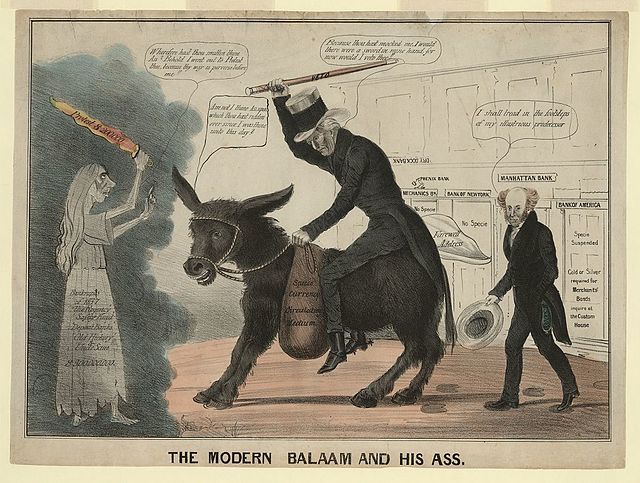Franklin Pierce was an American politician who served as the 14th president of the United States from 1853 to 1857. A northern Democrat who believed that the abolitionist movement was a fundamental threat to the nation's unity, he alienated anti-slavery groups by signing the Kansas–Nebraska Act and enforcing the Fugitive Slave Act. Conflict between North and South continued after Pierce's presidency, and, after Abraham Lincoln was elected president in 1860, the Southern states seceded, resulting in the American Civil War.
Portrait by Mathew Brady, c. 1855–1865
The Franklin Pierce Homestead in Hillsborough, New Hampshire, where Pierce grew up, is now a National Historic Landmark. He was born in a nearby log cabin as the homestead was being completed.
Novelist Nathaniel Hawthorne, a lifelong friend of Pierce, wrote the biography The Life of Franklin Pierce in support of Pierce's 1852 presidential campaign.
Pious and reserved, Jane Pierce was her husband's opposite in many ways.
History of the Democratic Party (United States)
The Democratic Party is one of the two major political parties of the United States political system and the oldest active political party in the country as well as in the world. The Democratic party was founded in 1828. It is also the oldest active voter-based political party in the world. The party has changed significantly during its nearly two centuries of existence. Once known as the party of the "common man," the early Democratic Party stood for individual rights and state sovereignty, and opposed banks and high tariffs. In the first decades of its existence, from 1832 to the mid-1850s, under Presidents Andrew Jackson, Martin Van Buren, and James K. Polk, the Democrats usually bested the opposition Whig Party by narrow margins.
Andrew Jackson, founder of the Democratic Party and the first president it elected.
An 1837 cartoon depicted Jackson leading a donkey which refused to follow, portraying that Democrats would not be led by the previous president
Martin Van Buren
August Belmont: DNC Chair for 12 years during and after the Civil war








